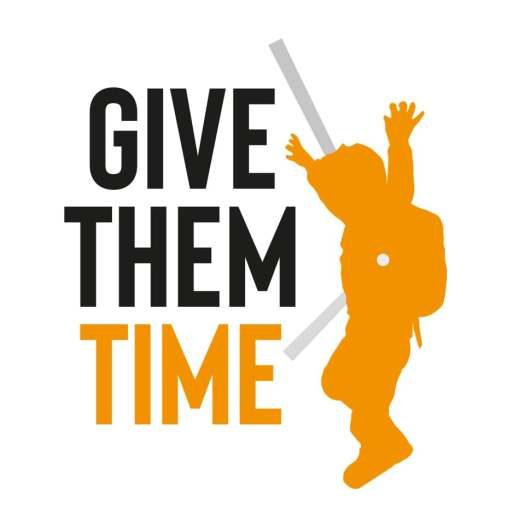This a plea from one parent to another: can we please stop calling kids “bright”?
This term is often used when a child (usually a young one) isn’t excelling at something e.g. social skills, emotional self-regulation, attention span etc – “He’s shy” or “She gets upset easily” or “He just can’t sit still but he’s really bright”. I fully understand the motivation behind saying it – it’s a defence mechanism – but it is used without consideration of what the opposite means and it’s very existence necessitates the existence of an opposite to define itself against. Would you feel comfortable describing a child as “not bright”? I wouldn’t.
I’ve seen this word used in discussions about children being deferred. I’m not trying to shame people for doing so but I feel the same way about it as I feel when I hear the phrase “holding them back” – both make my toes curl. It upsets me because it signifies how much of a mindset shift we need in our culture in order to change inaccurate views of children’s development and I believe this comes from and continues to be exacerbated by 150 years of having a particularly early school starting age in the UK.
The use of such language also concerns me as I am the parent of a child who is “not bright” in this sense of the word. Nobody has ever described my child as such and it would be insensitive for anyone to do so. However, people seem oblivious to the fact that by describing some children as bright, they are equally implying that some children are not. I think this needs to change.
Let me explain – my child has a speech and language delay. They are wonderful and special and funny and perfect but it hurts a little every time I hear descriptions of other children being “bright” as it doesn’t recognise my child’s unique talents and potential. I think most people would consider it socially unacceptable to describe a child as “not very bright” but I think we need to question and rethink what we mean when we describe a child as “bright”.
“Brightness” is a social construct which through custom and history we have become indoctrinated to believe that it means the ability to read, write and use numbers proficiently and to excel in the narrow curriculum that our school system places such high stakes on. However, as Einstein said, “Everybody is a genius. But if you judge a fish by its ability to climb a tree, it will live its whole life believing that it is stupid”. We are terrified of our children not being “bright” as we fear it will affect their life chances in our increasingly meritocratic society yet, ironically, we don’t even know what the future holds, particularly with the imminent arrival of the artificial intelligence revolution.
Every time a child is called “bright” it perpetuates the myth that what is learnt in school and valued as attainment is the be all and end all of what matters in life and is the ultimate definition of “intelligence”.
This is despite research showing that we are moving away from a knowledge economy and that we don’t know 85% of the jobs that will exist in 2030 never mind what “knowledge” we can teach our kids now to prepare them for the jobs of the future.
The arts and social sciences which have been belittled and undervalued for many years are the studies which will provide the creative thinkers, problem solvers and those with the understanding of how people behave which we will need for our not so distant future economies to thrive. Anything that can be done by a robot soon will be.
Yet being able to write your name and count to twenty before you start school at 4 or 5 continues to be mistakenly worn as a badge of honour by many parents and seen as a guarantee that their child will become a rocket scientist scientist.
These seemingly logical but deeply misguided views are actually fairly useless as predictors of future attainment and wellbeing as well as a more concerning reflection of our obsession with the earlier the better: that the three Rs are the hallmarks of educational success and the epitome of intellect. This widely held view completely misunderstands that these are the means to an end and not an end in themselves. They are the carpenter’s tools but the skill and imagination to use them for a particular purpose are his/her own.
The robots are coming so anything that can be memorised and reproduced (reading, writing and counting included) will soon be done by the very gadgets that were the stuff of futuristic fantasy in many a movie from my childhood.
We need to be teaching children the skills and capacities that make us human and which C3PO can only poorly mimic: social skills, emotional intelligence, problem solving, creativity and collaboration.
Einstein didn’t speak till he was four and hated school. My child is a diamond whose potential I refuse to have defined by studies which predict the life outcomes of five-year-olds based on a labour market that very shortly won’t exist.
I know that not every child can become as rich and successful as Rhianna but was her path marked out by an assessment of her vocabulary at age five or her ability to write her name in kindergarten? Does anyone know (or care) what she got in her high school exams? We need to change our attitudes, the language we use and our school system in order for ALL our children to shine bright.

